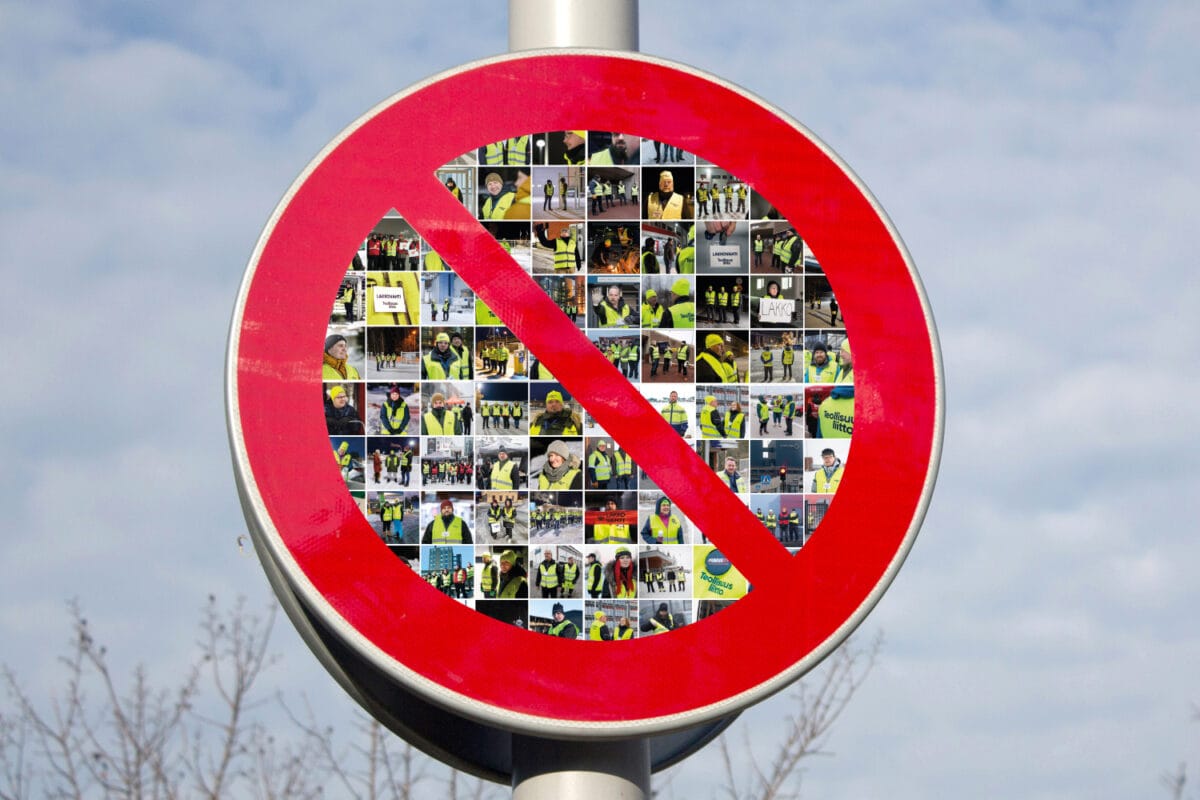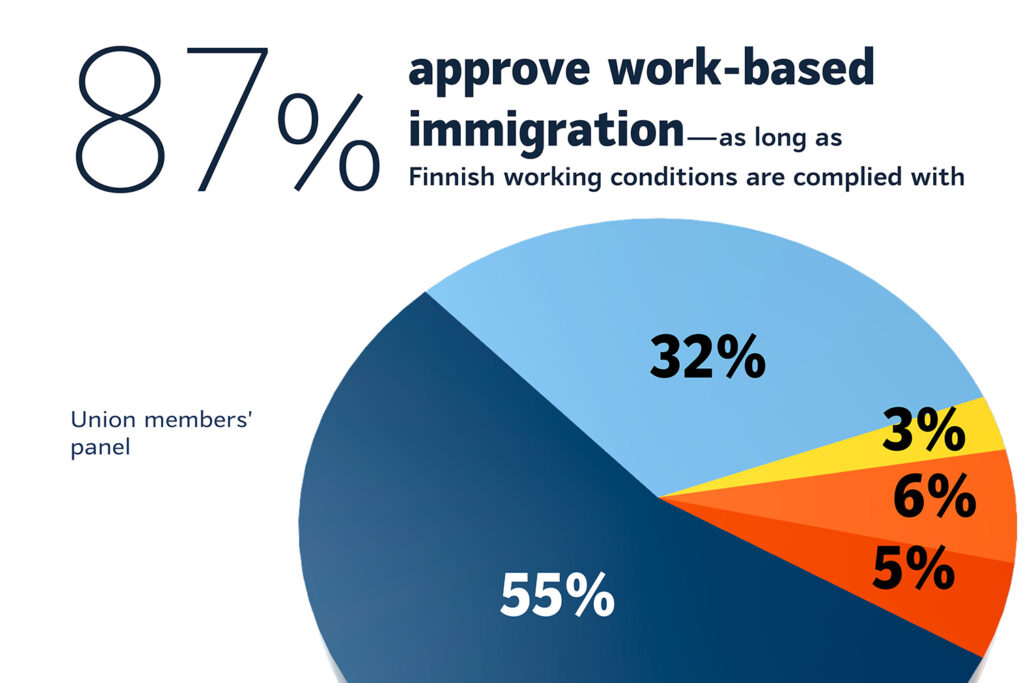Unclear and one-sided changes in the strike legislation
In Spring 2024, the Government of Prime Minister Petteri Orpo’s legislation limited the legal right to strike. The new rules lack clarity and are likely to create insecurity and create false impressions.
Anna Tapio, head of the Industrial Union legal department, and union lawyer Susanna Holmberg view the changes as substantial. The Government limited political strikes to a maximum of 24 hours, imposed severe restrictions on sympathy strikes, and raised union strike fines.
– The employees’ possibility to influence has been limited really harshly, Tapio says.
In Finland, the number and frequency of political strikes has been marginal. Because of this reason, there is no clear case law, a practice developed through court decisions. However, political strikes did have some limits before, too.
– Where this limit would have been, we do not know, as political strikes have never been a problem, Holmberg says.
In the case of so-called illegal strikes, the courts have usually imposed strike fines on the unions. Such strikes take place when there is a collective agreement in place.
The employees’ possibility to influence has been limited really harshly.
The current right-wing Government increased the union strike fines considerably. Now, the minimum is 10,000 euro and the maximum 150,000 euro. Before, the maximum was 37,400 euro with no minimum amount.
These illegal strikes usually take place in a situation where the employer, often knowingly, violates the collective agreement. The new law did not raise the fine the employer must pay when violating a collective agreement.
– These legal changes are altogether one-sided, Holmberg says.
As a completely new innovation, the Orpo-Purra Government stipulated a personal sanction for an employee should he or she participate in a strike that the court has ruled to be illegal and the employer has told this to him or her.
It is extremely rare that a strike that has been judged illegal is continued. The purpose of the law is simply to create uncertainty as, in theory, a personal fine is possible.
New law in the pipeline
The new legislation is very vague. It is difficult to say what it will mean in practice. For instance, sympathy strikes cannot be ”disproportionate” in comparison with the actual conflict that the sympathy strike supports. The law does not say what this means in practice.
This limit will be determined in due course if sympathy strikes are taken to court. Before that, no one knows for sure what the limit is and therefore if they have crossed it. Vague laws combined with high union strike fines create a difficult situation for the unions.
– Insecurity itself may limit union actions. One must be conscious of taking major risks, says Anna Tapio, head of the Industrial Union legal department.
The Government says it will draft a new law on protection work. It means the work that should be continued even in time of a strike to ensure that no harm is caused to people’s lives, health and the environment.
Thus far, unions have sought to exclude such jobs from strike action without trouble. Now, the planned legislation may create problems.
However, even with the new strike legislation, a single employee can securely join a strike organised by the union. He or she cannot be dismissed for that. The union will support its members in court, if needed.




